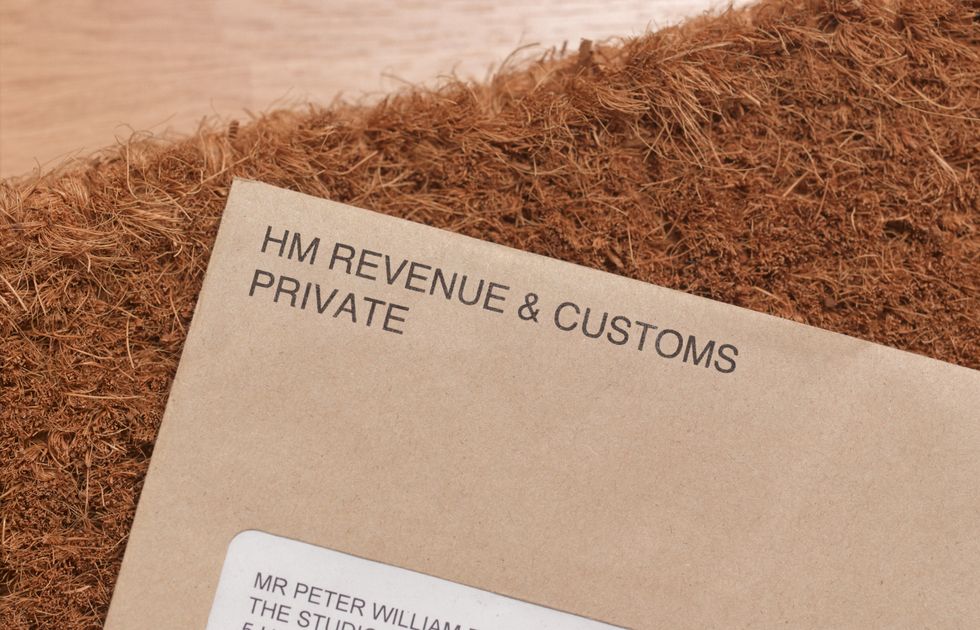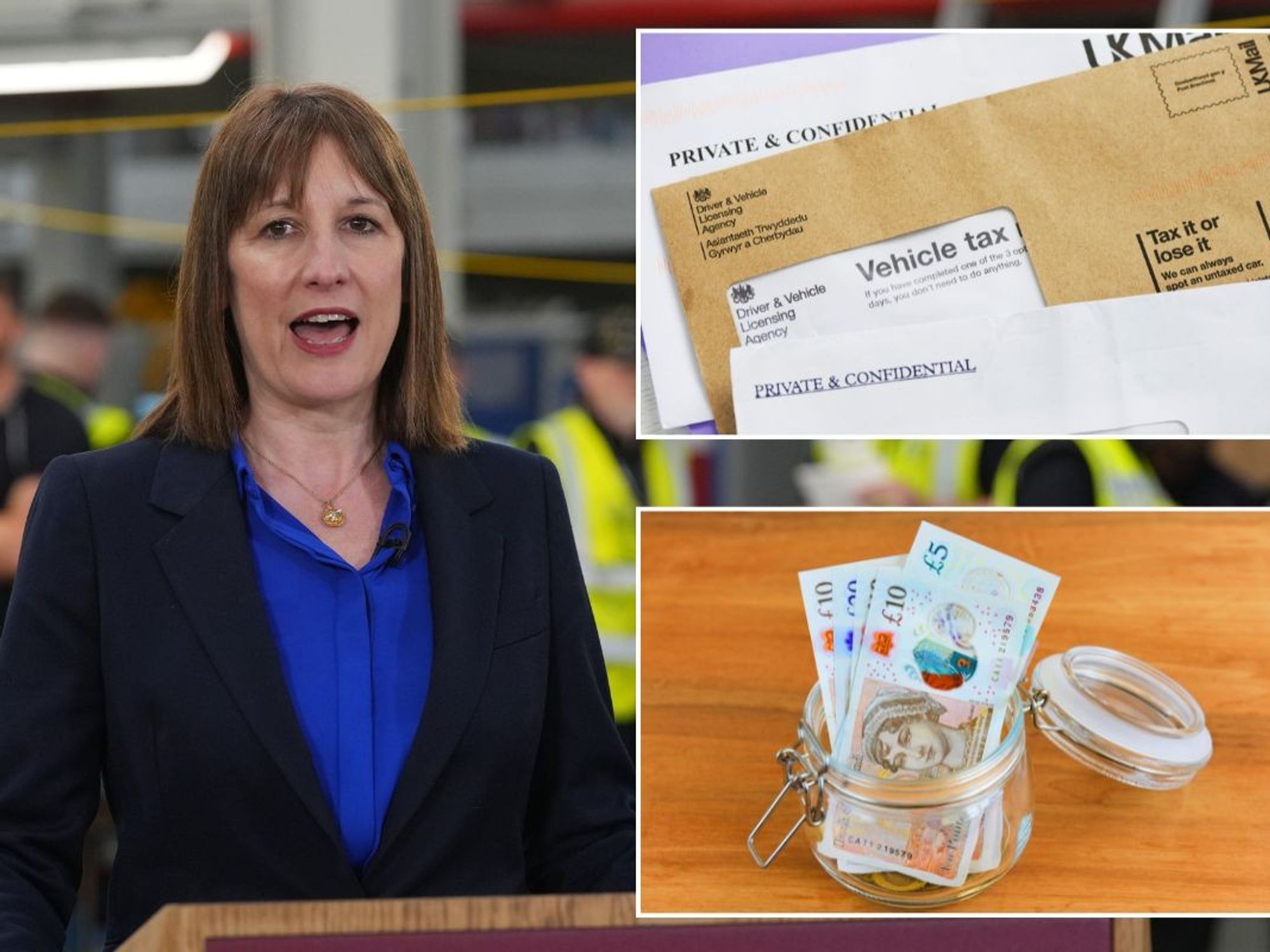'I still work part-time. How much tax would be deducted if I withdrew my small pension?' Jasmine Birtles answers your questions
Jasmine Birtles explains tax rules for a person getting pension income on top of their earnings from a part-time job
In this week's pensions and retirement Q&A, Jasmine Birtles looks at tax on pension income
Don't Miss
Most Read
Jasmine Birtles answers your questions in an exclusive pensions and retirement Q&A for GBN membership. Have you got a question about your pension? Get in touch by emailing money@gbnews.uk.
Question: "I am currently drawing down a monthly income from my work pension and I still work part-time. I have a small pension from a previous employer of approximately £24,000.
"If I withdraw this full amount, how much tax will be deducted? Would it be better to leave it and take a monthly pension?
"I don't get my state pension until June 2026. Can you please help?"
Jasmine replies: To be honest, it’s tricky to give you exact information as I would need more details from you about precisely how much you’re drawing and earning.
However, I have managed to get some general principles from Gianpaolo Mantini, Partner at Saltus.

GETTY
|A pensioner who still works part-time wonders what the tax implications are on withdrawing a 'small' pension
Mantini says: “When considering withdrawing your pension, it’s important to understand how it will be taxed.
"You can typically withdraw 25 per cent of your pension pot tax-free. In your case, with a £24,000 pension pot: that would be £6,000.
£The remaining 75 per cent - £18,000 - of that £24,000 pension pot will be subject to income tax, and the amount of tax you’ll pay depends on your total income for the tax year.”
The income tax bands for the 2023/24 tax year are as follows:
- Personal Allowance (up to £12,570): zero per cent
- Basic Rate (from £12,571 to £50,270): 20 per cent
- Higher Rate (from £50,271 to £125,140): 40 per cent
- Additional Rate (over £125,140): 45 per cent
Mantini continues: “Since you are drawing a monthly income from your work's pension and still working part-time, you need to consider your total income to understand which tax band the additional £18,000 will fall into.
“Without details on your income, we will have to make some assumptions. So, let’s assume that your monthly work pension is an annual income of £12,000, and your part-time work is an annual income of £10,000.
"When you add the £18,000 (taxable withdrawal from the pension pot) your total annual income for the year would be £40,000.
“You get £12,570 at zero per cent tax (annual allowance) and then pay the basic rate (20 per cent) on the rest. So, £40,000 - £12,570 = £27,430, which taxed at 20 per cent is tax of £5,486.
“As we don’t know what your income is, it is difficult to know whether you should take a monthly pension instead, but I would suggest that you consider the following factors.
"Firstly, taking it as a monthly pension can provide a stable income and may help with budgeting.
"Secondly, spreading the pension income over several years might keep you in a lower tax band, potentially reducing the overall tax burden, and thirdly, keeping the money invested in the pension pot might allow it to grow, depending on investment performance."
MORE FROM GBN MEMBERSHIP:
- 'I earn very little interest on my pension - how can I boost my savings?' Jasmine Birtles replies
- 'My ex-husband remarried the year we divorced. His widow now gets his full pension - was I entitled to it?'
- 'I'm already taxed on my pension. Do I need to contact HMRC now state pension has risen?' Jasmine Birtles replies
He added: “Before making any decision, please consider talking to a financial adviser or pension specialist who can provide personalised advice based on your full financial picture, including other income, expenses, and future plans.
"They can help you run the numbers to see which option is more tax-efficient and aligns better with your retirement goals.”
Do also be aware that you can get free advice on your pension options through Pension Wise.
It’s worth booking a session with them if you haven’t already done so.
Jasmine Birtles is founder of MoneyMagpie.com. Sign up to her free, fortnightly investing newsletter here.










